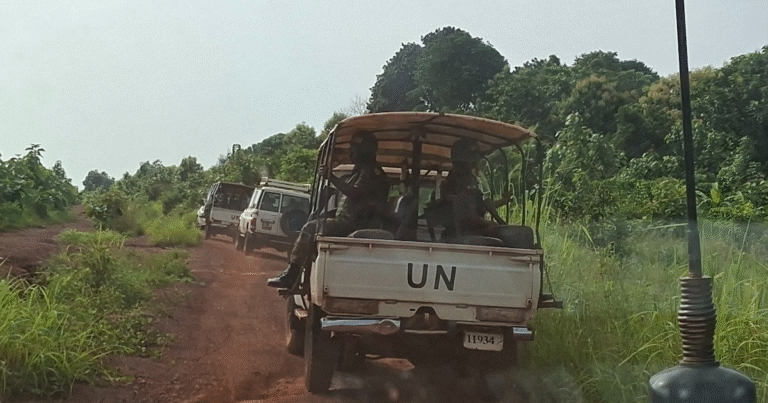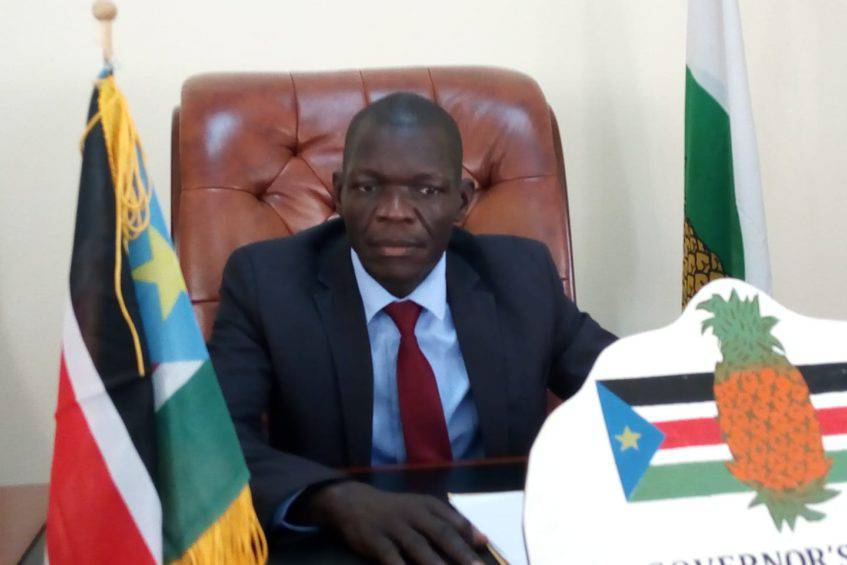
Juba, Sept. 04, 2035 – The United Nations Mission in South Sudan (UNMISS) has strongly condemned an ambush on its peacekeepers in Western Equatoria, calling the assault a violation of international law and a threat to civilian protection efforts in the region.
According to a statement issued Thursday in Juba, UNMISS said the attack took place on September 3 while its personnel were patrolling between Tambura and Mapuse. Armed elements opened fire on the peacekeepers and seized a small cache of weapons and ammunition during the confrontation.
The mission emphasized that its forces are deployed solely to protect civilians at a time when security remains fragile, particularly in and around Tambura, an area that has seen repeated outbreaks of communal violence and clashes between armed groups. “They must not be targeted by armed groups,” the statement read, warning that assaults on peacekeepers may amount to war crimes under international law.
UNMISS confirmed that all the personnel involved in the incident returned safely to their base, and no casualties were reported. The mission said it will continue to maintain robust patrols across Western Equatoria to reassure communities and deter further attacks.
The assault underscores the precarious security situation in South Sudan, where sporadic fighting between rival groups has hampered efforts to stabilize the country more than a decade after independence. Western Equatoria has been a particular flashpoint, with Tambura County witnessing deadly clashes in recent years that have displaced thousands of civilians.
The UN’s call for accountability highlights the international community’s growing concern over the targeting of peacekeepers, who operate under a mandate to safeguard civilians and facilitate humanitarian access. UNMISS urged armed groups to respect international law and warned that continued attacks could invite consequences.
As tensions persist, the mission reiterated its commitment to its mandate, pledging to intensify patrols and engagement with communities in Western Equatoria to help prevent further violence and protect vulnerable populations caught in the crossfire.

